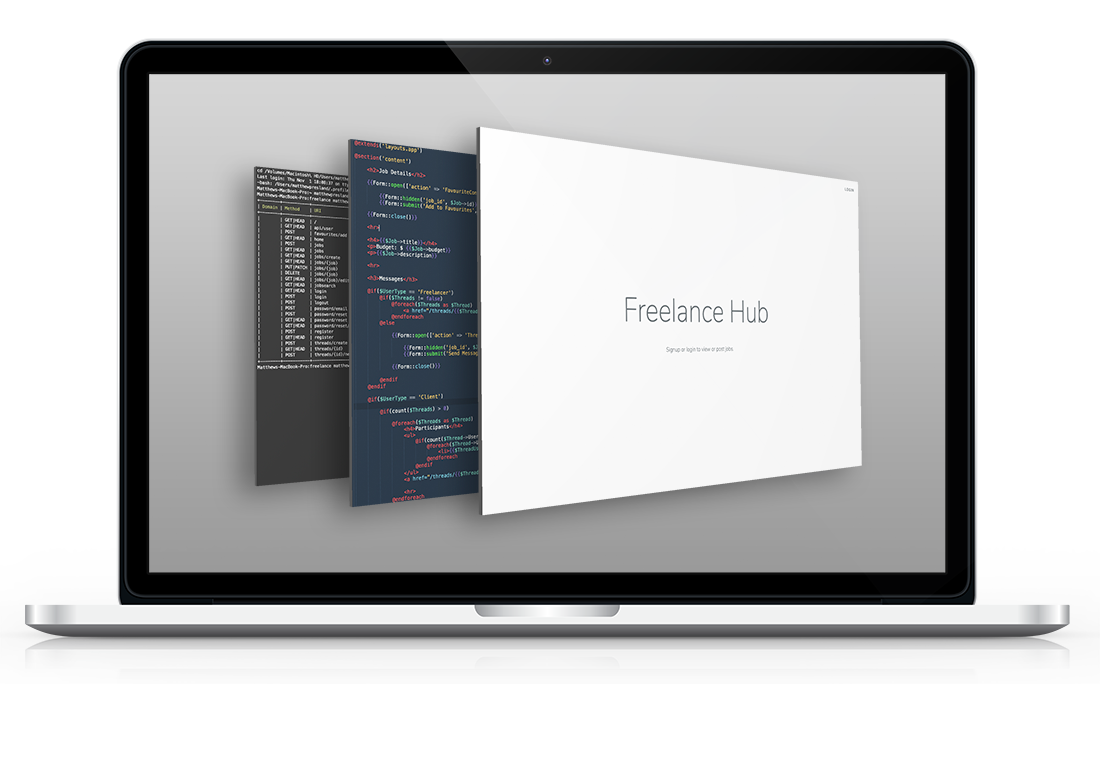Case Studies
Examples of our work
Matt Presland, and Buzi IT have extensive experience in solving business critical proplems for expanding businesses. There is a large divide between the budgets and software available to small businesses in comparison to enterprise customers. This means that as businesses expand, they will eventually face roadblocks, or bottlenecks in their internal procedures that cause the expansion to slow, or to become unmanageable. Below are a couple of case studies of projects that Matt Presland, and Buzi IT have complete, with some details of the issues, the solution provided, and the outcomes of the projects. We hope that these case studies may give a clearer picture of the work Buzi IT specialises in, as simply listing our skills and services does not do our business justice.

 1300 Buzi IT - 1300 289 448
1300 Buzi IT - 1300 289 448